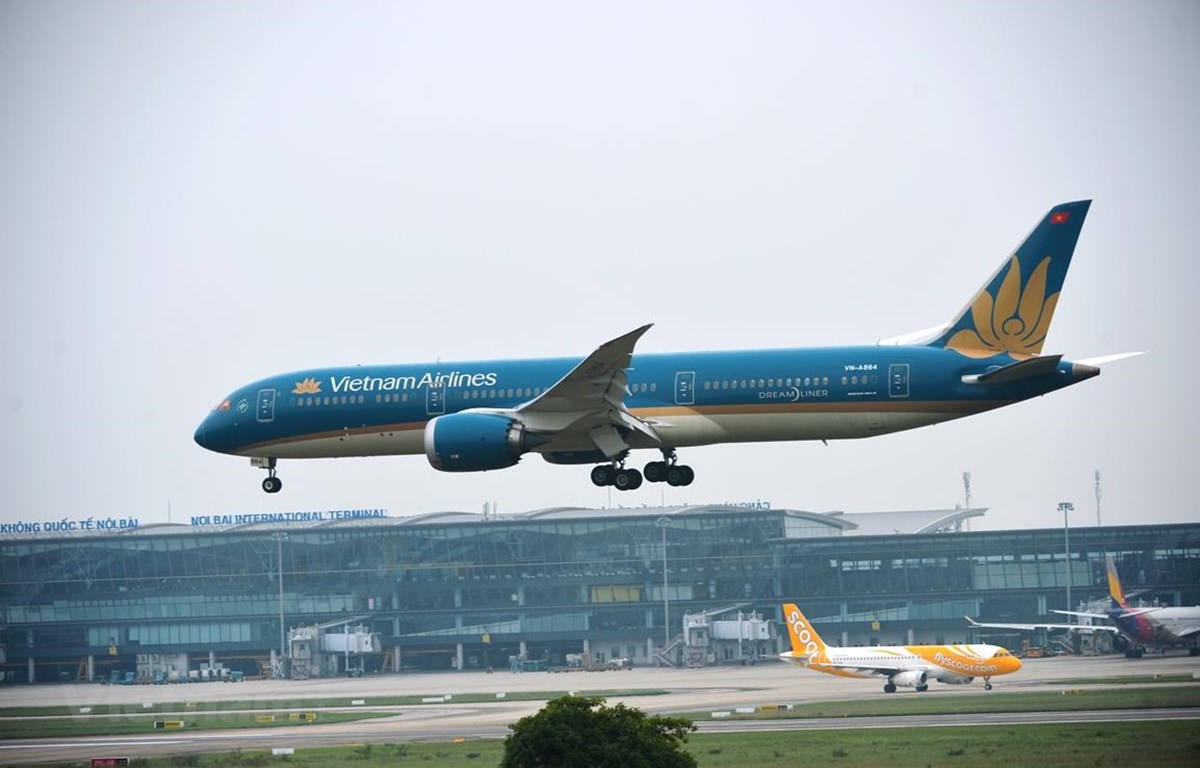Latest News
- Niagara police officer shot in Welland; 'Stay at home' order remains in effect
- Trump halts green card lottery, controversial decision after deadly shooting in Massachusetts
- Canada Life denies amputation coverage to RCMP officer injured in line of duty; activists say he's not alone
- Ontario's provincial plan for 2025 is fully completed.
- Rare adoption of a polar bear cub near Churchill confirmed by scientists
Latest Ads
-
Jasmine Jewel
Call
-
Omidan group
Call
-
Amir Madanpour
Call
-
Dimo studio
Call
-
Yorkacademy
Call
-
Maryambagheri
Call
-
Shishlix Restaurant
Call

Nearly half of the flights in 2222 that have been to party companies have government references.
Nearly half of the flight delays in 2022 in Canada were attributed to airline companies, according to data from Transport Canada, accounting for about 44% of all flight delays. Out of approximately 199,000 flight delays that occurred last year, just over 87,500, or 44%, were considered the responsibility of an airline company and were not due to safety concerns. Travelers still vividly recall the season of travel disruptions caused by delays and extensive flight cancellations in the summer and December of 2022.
In 2019, new regulations known as the "Air Passenger Rights Charter" were enforced in Canada, obligating airline companies to compensate passengers for delays or cancellations under their control. However, with the return of travel to pre-pandemic levels in the past summer, passengers have accused airlines of flouting these regulations and denying the compensation they owe.
As a result, the Canadian Transportation Agency (CTA), responsible for mediating complaints between airlines and passengers, is inundated with backlogged passenger complaints, now totaling 57,000 individuals. Last spring, the government proposed changes to the Air Passenger Rights Charter. These proposed changes are currently under review by the CTA and are not expected to be implemented until 2024.
Airlines claim that passenger safety is jeopardized under the new Air Passenger Rights regulations, and the backlog of passenger complaints has reached its peak. The government aims to close the gap in existing laws that airlines have used to avoid compensating customers for flight disruptions required for safety purposes. The proposed airline changes would automatically compel them to compensate passengers unless the airline can prove "extraordinary circumstances" led to the flight disruption.
The CTA suggests that these extraordinary circumstances could include weather concerns, airport operational issues, and "hidden production defects" on an aircraft. Technical problems that are part of "normal airline operations" are not considered part of these extraordinary circumstances. Alex von Honebroeck, the CEO of WestJet, stated in September to the Canadian Press, "We want our pilots to be completely free from any financial considerations when making safety decisions. Laws should never be punitive for safety decisions."
Andy Gibbons, the Head of External Affairs at WestJet, also argued that airline companies are not using safety as an excuse to deny compensation. Gibbons stated in a media release, "While we always prioritize the safety of everyone on our aircraft, safety penalties are a policy proposal that must be rejected by the government." He also argued that airline companies have solidified their operations since the pandemic, experiencing fewer issues in 2023. Consumer advocates question this claim and the potential risks to safety posed by the proposed safety regulations.
Sylvio DiBelfiore, a lawyer with the consumer advocacy group Option consommateurs, argued that airlines often rely on safety as an excuse to deny compensation. He pointed to examples of airlines claiming a lack of human resources as a safety concern, something the CTA ultimately ruled was not a valid reason for airline denial. DiBelfiore said that the proposed changes are similar to European Union regulations. The argument for these changes is reiterated by Pablo Rodriguez, the spokesperson for the Federal Minister of Transport, who stated in an email, "We can have both airline passenger rights and safe air travel." Transport Canada data shows that a significant portion of flight delays, over 28,000, were due to safety issues. However, this number represents less than one-third of the 87,000 delays for which airlines were deemed responsible.
Airlines have lobbied the government to pressure other stakeholders, such as airports and the Canadian Air Transport Security Authority, to bear more of the passenger compensation costs. Von Honebroeck stated in an interview last month, "When we're falling behind, we are held accountable. Another 43,000 delays in 2022 were due to air traffic control and other operational issues.
Nav Canada, the company responsible for air traffic control in Canada, struggles with a labor shortage that has caused delays in the past summer. However, Nav Canada stated that only a small portion of the 43,000 delays in 2022 can be attributed to air traffic control issues, as this category includes various factors such as airport operations. The company also said it is currently training hundreds of additional employees to fill staffing gaps.
A company spokesperson stated in an email, "We are currently training over 400 employees, with more than 600 expected to enter our training programs in the next two years." "This is a company-wide priority as we make every effort to support the anticipated increase in air traffic during busy travel seasons, and we are committed to working with our employees and unions in this regard."
Spokesperson Rodriguez stated that a proposed bill, C-52, ensures "accountability, transparency, and better cooperation among partners in the aviation sector." This law is currently before the House of Commons but has only gone through its first reading. Both DiBelfiore and Gibbons said they are receptive to the idea of more shared responsibility in the aviation industry. However, both argued that passengers should not be left to determine who should compensate them. DiBelfiore said, "When you're buying something at a store, and there's an issue with it, whether it's the fault of the transportation company or the manufacturer, I don't think that's important to you." Gibbons added, "The retailer is responsible."
Suggested Content
Latest Blog
Login first to rate.
Express your opinion
Login first to submit a comment.
No comments yet.


































